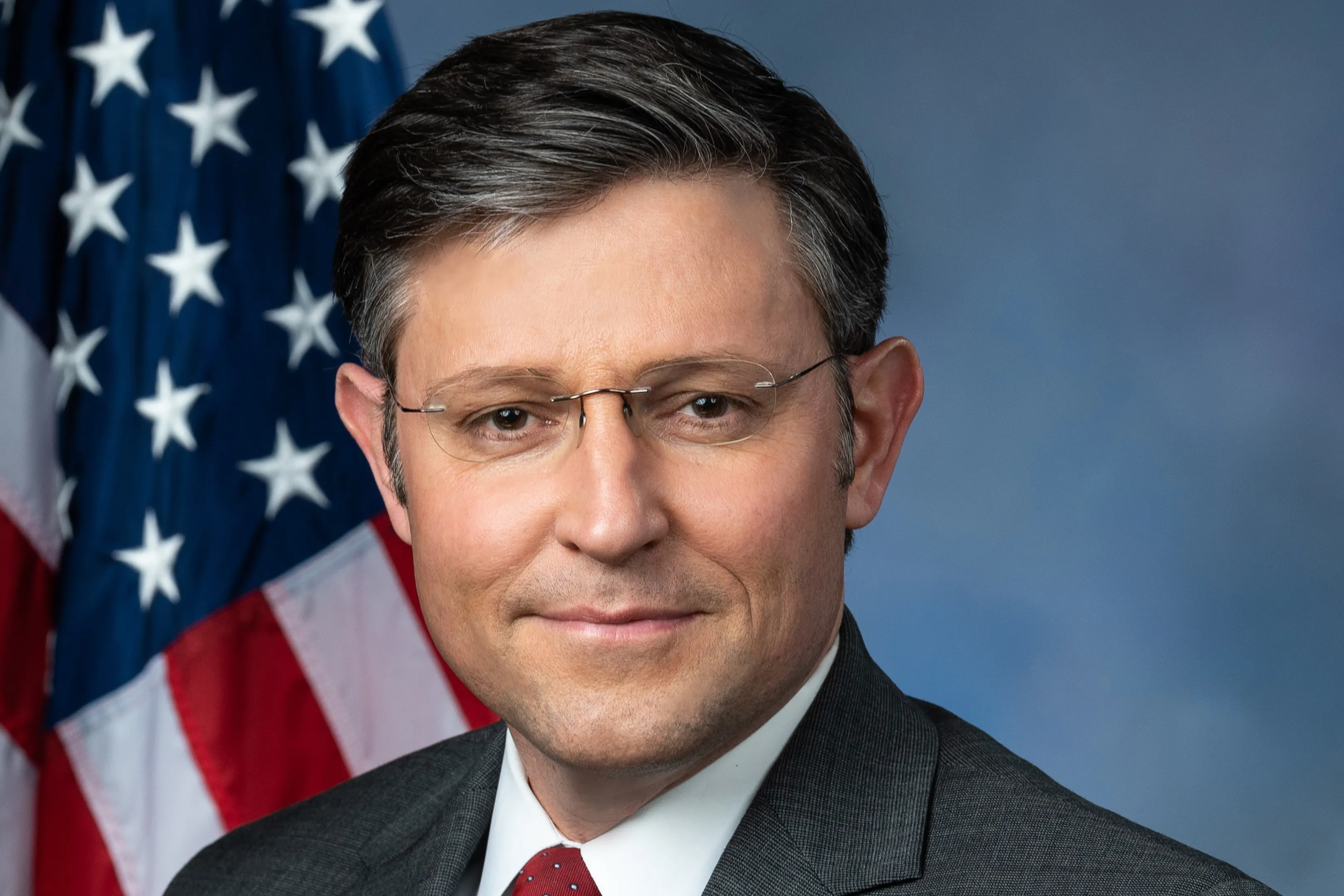
Daily Audio Newscast - Afternoon Update - September 6, 2024
News from around the nation.
A new roadmap for clean energy that prioritizes Pennsylvania union workers; Father of Accused Georgia Shooter Charged With Two Counts of Second-Degree Murder; Ohio reacts to Biden's investment targeting rural electrification; Rural residents are more likely to consider raw milk to be safe.
Transcript
The Public News Service Friday afternoon update.
I'm Mike Clifford.
A new report is providing a road map for policy makers and industry leaders to shape the future of Pennsylvania's clean energy landscape.
The details now from our Daniel Smith.
The findings from the New Union Energy Coalition examines various programs to create high quality union jobs in areas such as transportation, industry, agriculture and infrastructure while addressing climate change.
Rob Baer with Union Energy says Pennsylvania is a major energy producer and leading the way in the clean energy transition.
He adds there are opportunities beyond just wind and solar.
We can spur hydrogen production and create construction jobs and permanent jobs.
We can start utilizing the 435 low head dams in Pennsylvania for hydropower that are sitting doing nothing.
We have 28,000 abandoned wells and a lot of them could be used for geothermal power.
Some of the report's recommendations include developing high speed rail infrastructure which could create more than 173,000 jobs in the mid-Atlantic north region.
Meantime, the father of that 14-year-old accused of killing four people at his Georgia high school was arrested and charged Thursday with two counts of second degree murder in connection with the attack.
That's the New York Times.
The Georgia Bureau of Investigation said the father, Colin Gray, was also charged with four counts of involuntary manslaughter and eight counts of cruelty to children.
The charges against Mr. Gray are directly connected with the actions of his son and allowing him to possess a weapon, Chris Hosey, the Bureau Director said at a news conference.
Both father and son are expected to make their court appearances today.
And President Joe Biden has announced a landmark $7.3 billion investment, the largest since the FDR deal aimed at electrifying rural America.
Supported by his Inflation Reduction Act, this initiative will bring significant changes to energy infrastructure across the country, benefiting farmers, businesses and communities that have been waiting for modern power solutions.
For Athens County farmer Weston Lombard, the program is a welcome relief, but he believes there's still more to be done.
I was super fortunate to benefit from the IRA program, but there are so many other people who aren't benefiting.
And $7 billion is amazing, but I know it's not going to touch all the communities.
Farrah Siddiqui reporting.
Next to Wisconsin, which has strict rules about consumer access to raw milk.
But in this dairy heavy state, there are some exceptions.
A public opinion survey led by the University of Pennsylvania's Sean Patterson shows differing views when factoring in geographical settings.
We did find that people living in rural areas thought that raw milk was safer overall than people living in the suburbs or in urban environments.
Supporters of raw milk say it has much better flavor.
Public officials say the untreated product has been linked to illness outbreaks over the years.
This is public news service.
Next in an unusual set of circumstances, the Nebraska Supreme Court will hear arguments in three lawsuits about the two abortion related ballot initiatives, each of which had successful petition drives for the November ballot.
More now from our Deborah Van Fleet.
The first two lawsuits asked the Nebraska Supreme Court to rule to keep "protect our rights," which would legalize abortions until fetal viability, off the ballot.
They claim it violates the state's single subject rule.
The third was filed in response to these on behalf of 29 Nebraska physicians who support "protect our rights."
Joshua Livingston is an attorney with the law firm Koenig-Dunn, which filed this lawsuit.
He says there are two types of access at stake.
These physicians spend their days working with Nebraska patients and they understand what Nebraskans need and what Nebraskans are asking for.
And over 200,000 Nebraskans signed this petition asking for their voice to be heard.
So the goal is access to health care and access to the ballot.
Livingston maintains the only fair outcome would require both initiatives to remain on the ballot or both to be removed.
The "Protect Women and Children" initiative would prohibit abortions after the first trimester.
And a new report reveals Hoosier homeowners and renters face significant challenges from environmental hazards and climate change.
The Fair Housing Center of Central Indiana authored the report titled "The State of Fair Housing in Indiana."
It highlights a growing concern over environmental issues like air pollution, lead exposure, and rising water levels, which are disproportionately affecting black and brown communities and families with children.
Brady Ribager with FHCCI says it is environmental racism.
And if you've not heard of that, it's really important to be aware of that as we discuss climate change in our state and ensuring that our formerly redlined communities are not the ones that are the least protected when it comes to environmental disasters.
The report reveals that many Superfund sites, polluted areas needing extensive cleanup, are in historically redlined neighborhoods.
I'm Joe Ulare, Public News Service.
Finally, our Edwin J. Vieira lets us know a new report finds Connecticut residents will benefit from Medicare's new out-of-pocket cap.
An estimated 49,000 people in the state would see prescription costs reduced since this cap's out-of-pocket costs at $2,000 each year.
The report estimates the number of residents using the cap will hit more than 62,000 by 2029.
John Erlinghauser with AARP Connecticut says unaffordable prescriptions are forcing people to take matters into their own hands.
We continually hear from folks that cut back on the number of pills they're supposed to take, so maybe they're taking them every other day as opposed to every day, or they're cutting pills in half and taking a partial dose every day.
The Connecticut bill to establish a prescription drug affordability board failed to pass due to last-minute hurdles during the shortened legislative session.
This is Mike Clifford.
Thank you for wrapping up your week with Public News Service.
Member and listener supported.
Hear us on interesting radio stations, your favorite podcast platform.
Find our trust indicators at publicnewsservice.org.
















